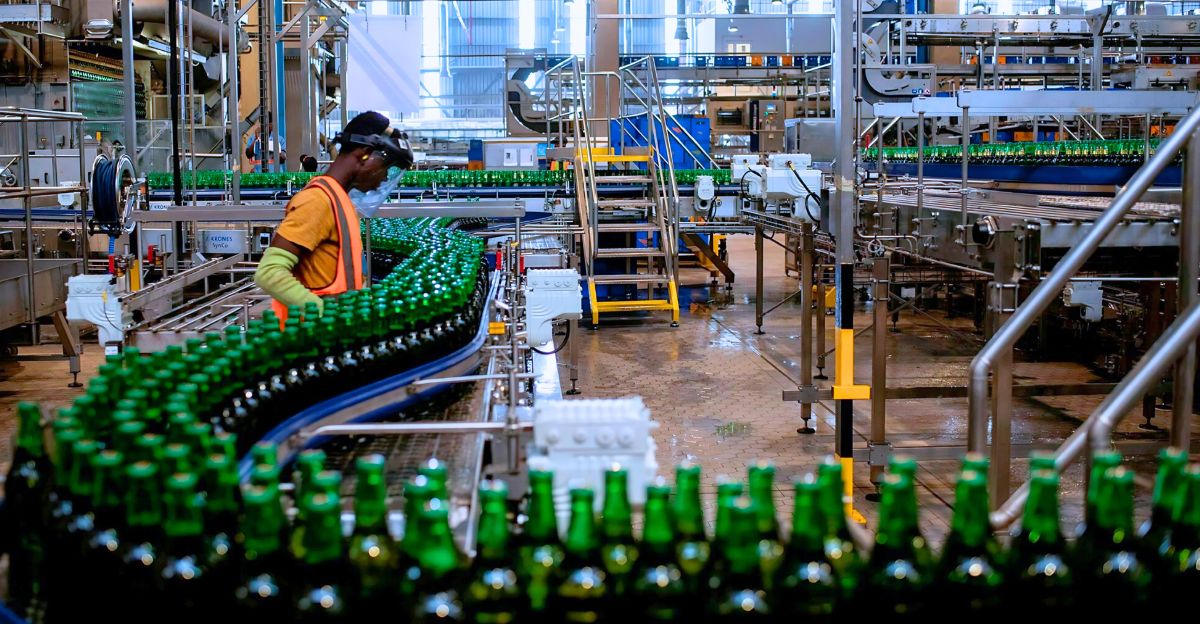
The beer business in America has seen its fair share of ups and downs over the years. But nobody expected immigration policies and tariffs to join forces to affect its top-selling brand so heavily.
In a turn of events that no one saw coming, producers of beloved beers like Modelo and Corona are taking a beating. From higher costs to unexpected shifts in customer behavior, the challenges are piling up.
What’s going on with the nation’s favorite beer brand, and why are profits and sales on the rocks? Let’s dissect what’s going on behind closed doors — and what it could potentially mean for the beer market as a whole.
A Strong Start in the U.S.
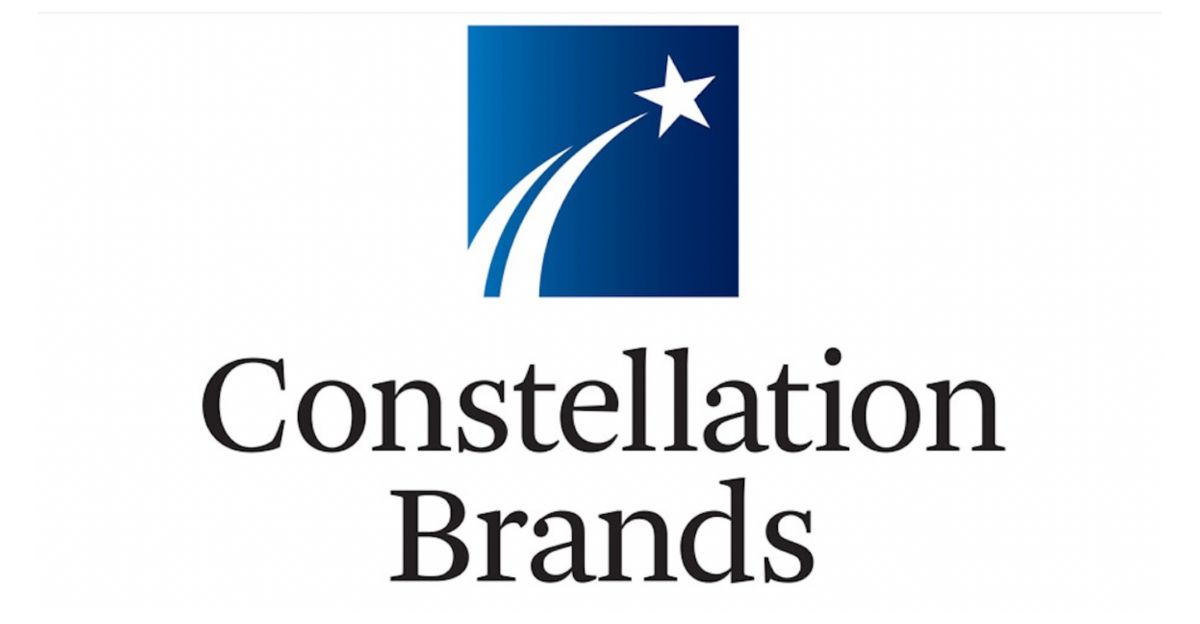
In recent years, Modelo has been the top-selling beer brand in America. Its light, crisp flavor and popularity among younger drinkers and Hispanic consumers have allowed it to take the lead.
Constellation Brands, which brews Modelo, also imports other big brands such as Corona and Pacifico. These beers are popular and a staple at parties, sporting events, and bars nationwide.
A Heavy Dependence on Imports
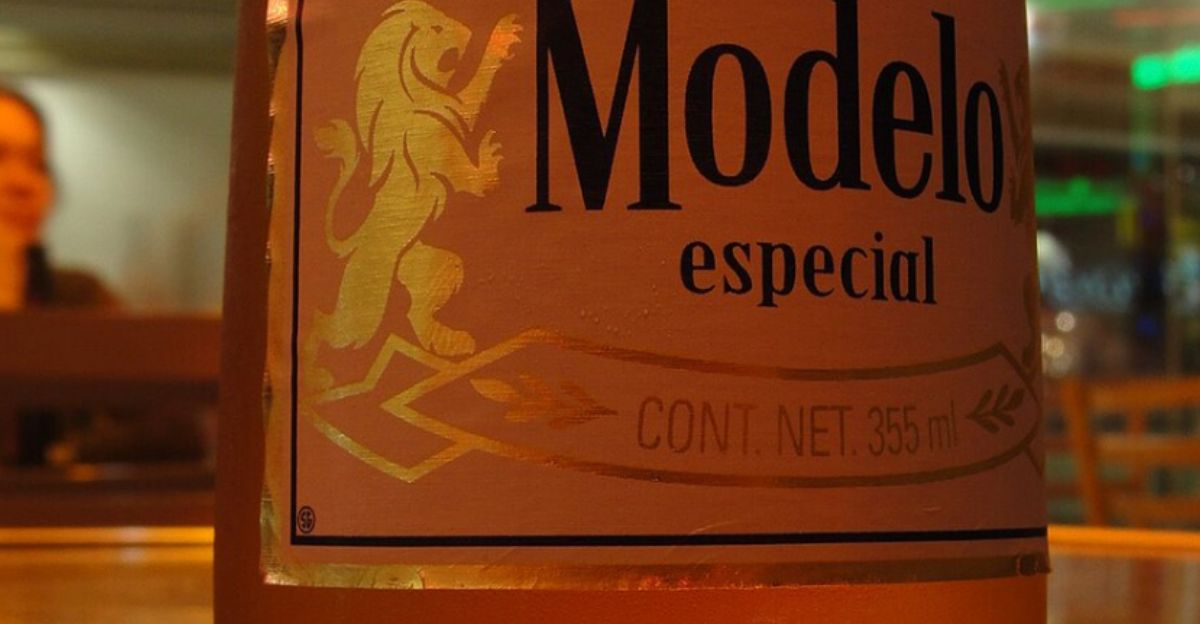
Constellation Brands’ beer business heavily relies on Mexican imports. While this has assisted the brand in developing a solid identity, it also exposes the company to supply chain issues and trade policy worldwide.
Imported beers also use materials such as aluminum for cans and are directly subjected to tariffs. Such exposure has been a big issue in recent months.
A Big Tariff Surprise
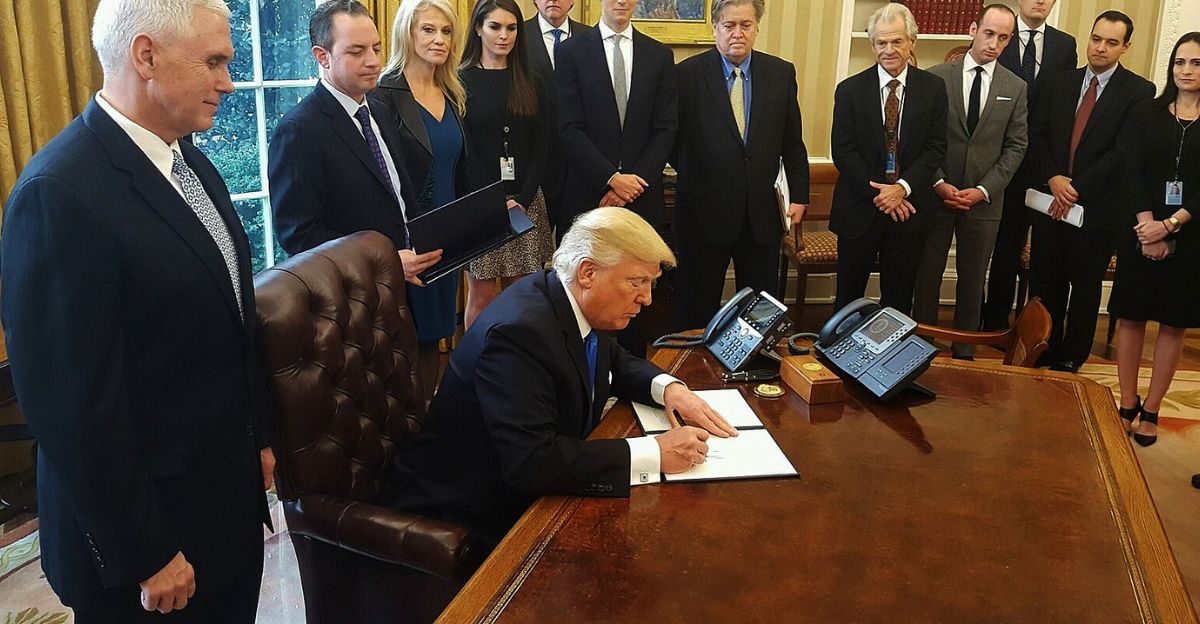
In March, President Trump implemented a 25% tariff on aluminum. Only a few months later, he doubled that to 50%. Beer cans are manufactured using aluminum, and these increased costs soon affected beer businesses.
Constellation, which cans numerous of its imported beers, experienced an increase in its costs of production. This action made every can of beer much more costly to produce.
Beer Becomes More Expensive to Produce
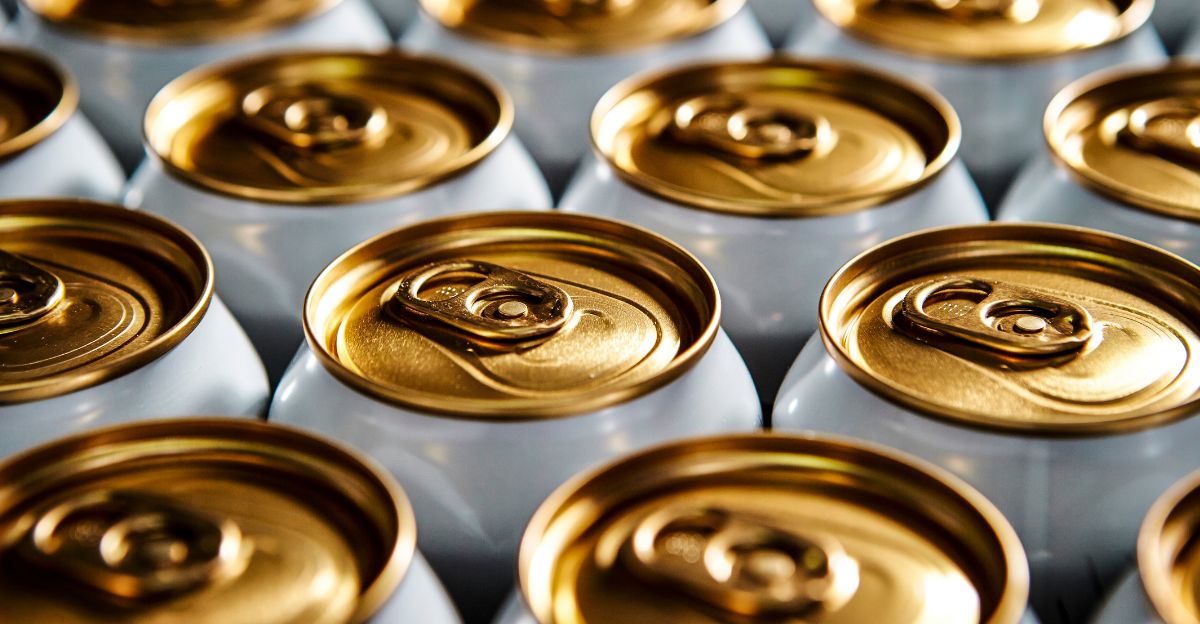
As aluminum prices rose, margins began to compress rapidly. Constellation’s operating margin fell 1.5% in its most recent quarter.
That might not seem like a lot on the surface, but it adds up fast for a business that sells millions of cans. Beer prices at retail outlets could rise as companies transfer some of these costs to consumers.
A New Challenge: ICE Raids

On top of tariffs, a second significant issue affected Constellation’s base customers. Immigration enforcement activities, such as workplace raids and increased checks, generated fear and uncertainty within Hispanic communities.
Given that roughly half of the people consuming Constellation’s beer are Hispanic, this directly affected sales.
Hispanic Consumers Pull Back

As Constellation CEO Bill Newlands explained, a lot of Hispanic consumers are concerned about immigration and job security.
Consequently, they’ve cut back on restaurant spending, travel spending, and even discretionary indulgences like beer.
For Constellation, that translated into an immediate and sharp decline in demand, just as costs began to rise.
Declining Shipments Take a Toll on Revenue
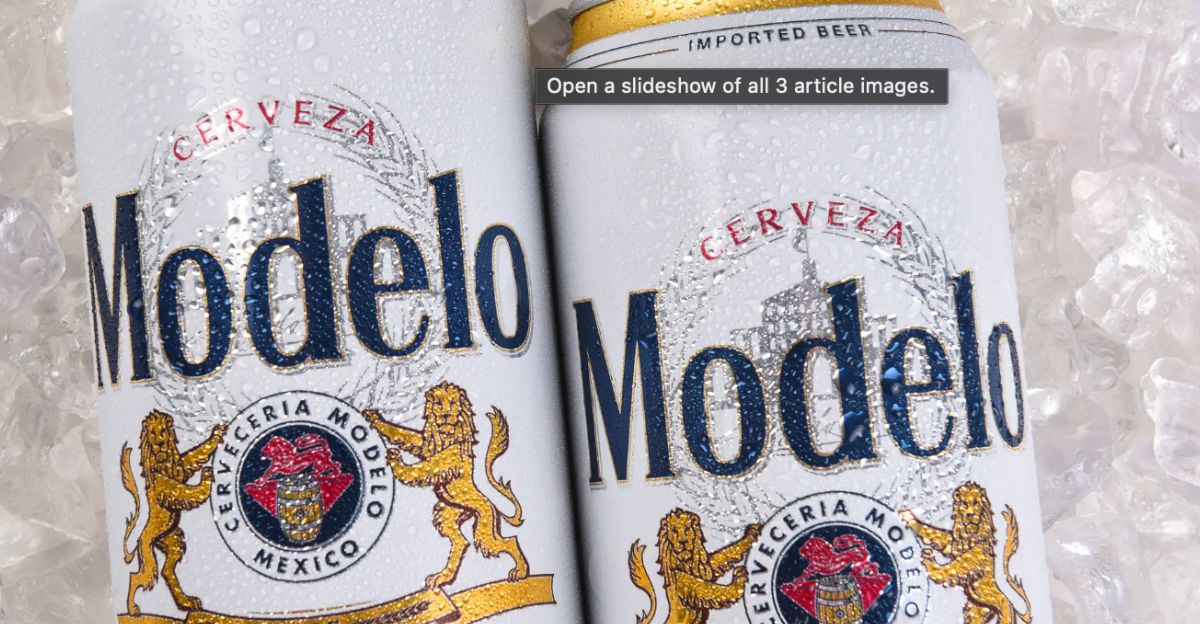
With demand softened, Constellation’s beer business shipment volumes declined 3.3%. This reduced volume directly impacted revenue, which totaled $2.52 billion for the quarter — less than the $2.55 billion Wall Street had anticipated.
Such narrow misses can rattle investor confidence and put pressure on share prices, particularly for large publicly traded companies.
Earnings Fall Short

Adjusted earnings per share fell to $3.22, less than analyst expectations of $3.31. Net income of the company also fell to $516 million from $877 million last year.
These reduced earnings are a clear indication of the cumulative effect of increased costs and reduced demand. Investors noticed, and shares declined further as confidence in future growth decreased.
Stock Takes a Hit

Constellation’s shares have fallen about 25% year-to-date. The slide started in January following weak fourth-quarter results and has persisted with every subsequent report.
Investors are concerned about continued tariff expenses and questionable demand from some of the company’s most important customer groups.
Though the beer brands continue to be well-liked, the company’s financial well-being is under genuine pressure.
Margins Under Fire

Profit margins are crucial to any large beverage maker. With both lower sales volumes and increased aluminum prices, Constellation’s margins have experienced a double whammy.
Operating margin declines make investing in promotion, new product development, or expansion initiatives less easy. If margins keep declining, it can impact the firm’s competitive position.
Beer Still Leads the Business
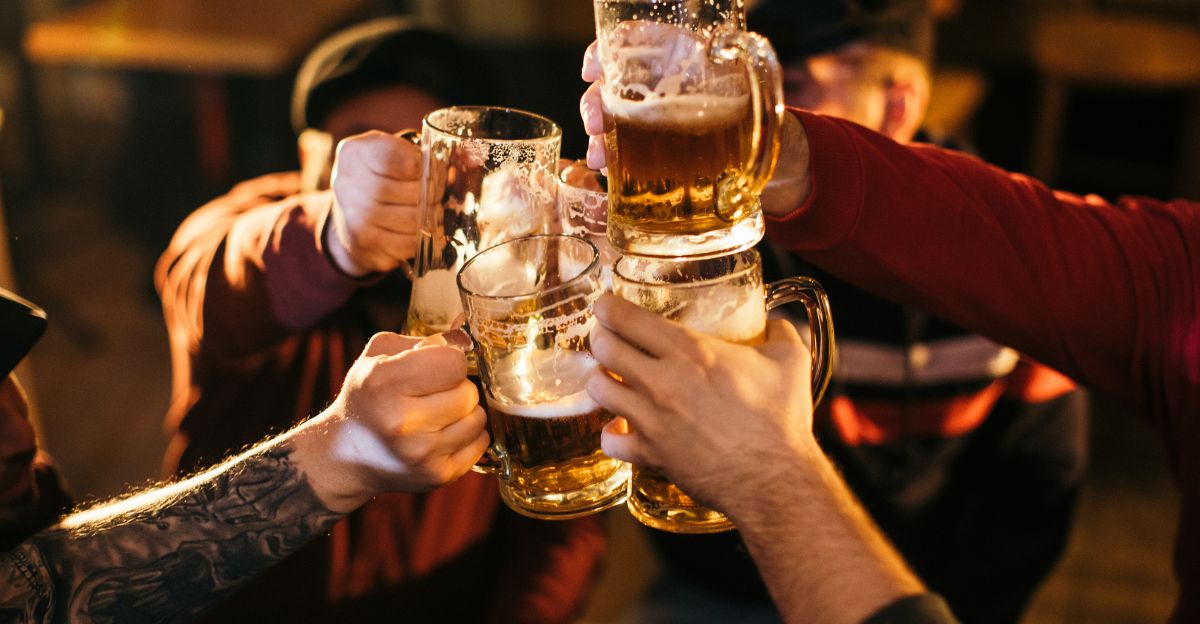
In spite of these headwinds, beer is still Constellation’s bread and butter, generating roughly 80% of its revenue.
It also deals in wine and spirits, but those beverages pale in popularity and profitability next to its portfolio of Mexican beers.
This beer exposure renders any deceleration in beer sales particularly ominous for the company’s overall results.
Future Outlook Remains Steady
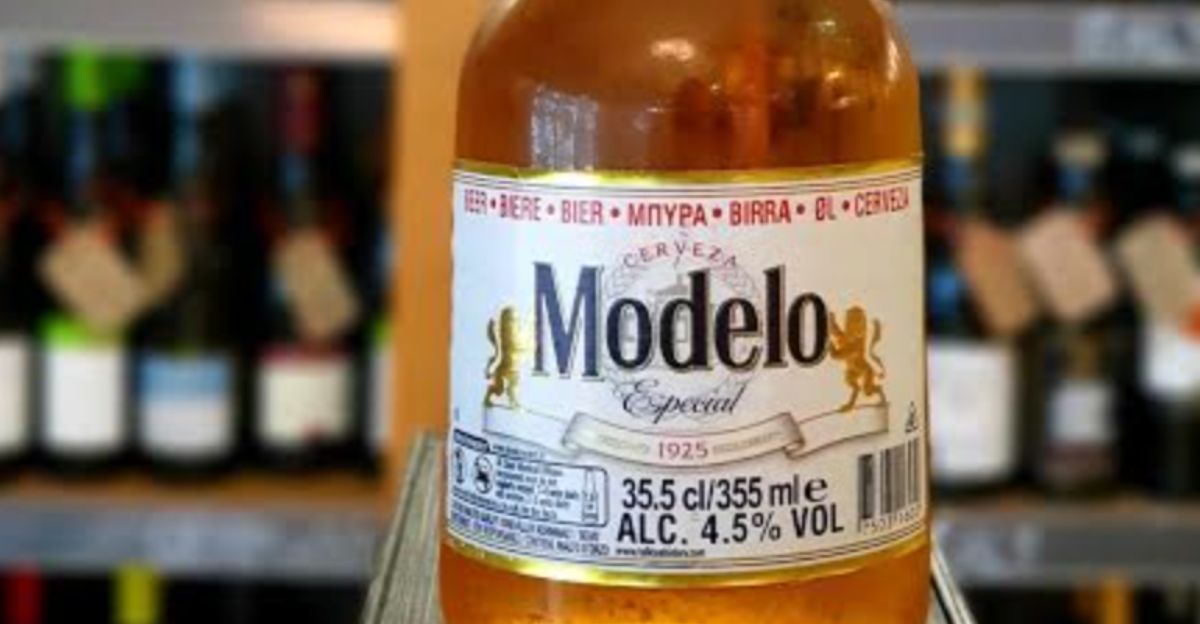
Constellation reaffirmed its full-year earnings guidance of $12.60 to $12.90 per share. Though this demonstrates some confidence in cost control or recovery, the near-term pressures can’t be wished away.
The company might have to look at new pricing, operational efficiency strategies, or even supply chain changes to maintain profits in the future.
A Tough Road Ahead

Tariffs and immigration policy have unexpectedly hindered America’s leading beer brand. Higher aluminum prices and lower spending from important clients have converged to form a perfect storm for Constellation Brands.
Though Modelo and Corona remain household brands, the way forward might involve further price increases or changing business models. This story is worth following intently for investors and beer consumers everywhere.
